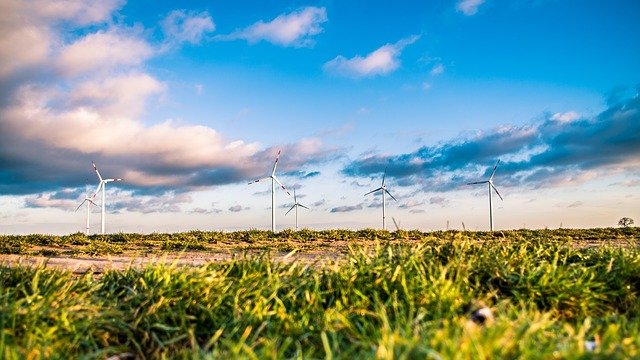
For a time, there have been debates whether global warming is merely a political scam, but today, an increasing population of the scientific community is recognizing the role of human behavior and human related greenhouse gases in global warming.
With the issue of global warming continuing to escalate, countries all over the world have been putting up a big effort into halting global warming in its tracks. One of the greatest efforts would be the signing Kyoto Protocol.
The Kyoto Protocol aims to fight global warming by legally binding all participating nations to lessen greenhouse gas emission and pollutants by 20 % by 2020 from the 1990 levels. For this reason, we have been seeing a rise in the manufacture and promotion of newer models of appliances such as refrigerators and air conditioners that do not release harmful gases such as CFC (chloroflourcarbons); hybrid cars and LED lights are also being marketed as the better choice; laws and ordinances that requires citizens to be more environmentally responsible such as garbage segregation, banning the use of plastics and styrofoam are being taken into effect and of course, promoting the use of eco-friendly energy source particularly, renewable energy.
So what are these sources of eco-friendly energy?
Solar energy: free electricity wherever the sun shines
Solar energy is probably one of the oldest forms of harnessing energy. It has been used since ancient times and has come back into the mainstream since eco-friendly energy is being widely promoted nowadays. Although only a very small fraction of available solar energy is actually being used, solar energy provides much of the available renewable energy today.
Today, there are numerous technologies that allow us to use the sun’s light and heat and convert it to usable eco-friendly energy. The process is both simple and complex. To go the scientific and technical route, solar panels and photovoltaic cells among others are used to trap the sun’s rays and once trapped; these rays go through a process where they are converted into electricity. Probably the most popular use of solar panels is for heating. When the sun’s rays hit solar thermal panels or parabolic mirrors, water is directly heated or steamed is produced to heat a room.
But you need not go all through these scientific processes to benefit from solar energy. Simply by opening your blinds and windows you save yourself from using electricity as by letting sunshine in. You can install a water tank in an area where the sun shines the most and you have an instant water heater.
Wind turbines: modern-day “windmills” to supply eco-friendly energy
Since solar energy is limited, it is best that one has more than one source of eco-friendly energy. Wind turbines generate electricity generated from mechanical energy. The concept of wind turbines are derived from wind mills as it gets the mechanical energy from kinetic energy by harnessing the power of the wind. Wind mills use that mechanical energy to perform physical labour in the form of pumping water or crushing grains.
To be very technical with terms, if the mechanical energy is then converted to electric energy the proper term would be a wind charger or a wind generator.
Today, there are large scale wind farms that generate much of this eco-friendly energy to be distributed to national electrical grids and privately owned small turbines and made available to people in far-flung areas.
Geothermal energy: transforming heat to electricity
Geothermal energy is generated from within the earth’s crust. To get a clearer picture of geothermal heat, think of volcanoes and drilling holes in regions near volcanoes to release heat. The hot rocks underneath the surface produce steam that is then purified so it can be used to drive turbines, the turbines then powers electrical generators.
Geothermal plants are carefully engineered to ensure its safety and to secure that no harmful by-products are produced in the process. After it has been tested and guaranteed for safety, it can be a self-sufficient and eco-friendly energy source. Although it is not completely greenhouse gas-free as it releases greenhouse gases trapped within the surface of the Earth, the amounts released are significantly much lower than fossil fuels. However, this type of renewable eco-friendly energy has its limitations as to where it can be used since it relies mainly on areas near tectonic plate boundaries.
Hydroelectric energy: torrents to generate electricity
Hydroelectric energy is considered to be the most available form of eco-friendly energy in terms of source. Electrical power is generated by driving power through gravitational strength of flowing or falling water and uses that kinetic energy to drive turbines that drives generators. Many hydroelectric power plants are located in rivers with strong currents, waterfalls, and even man-made dams. Hydroelectric energy provides 20% of the world’s electricity and about 4/5 of the world’s electricity from renewable resources.